Is counting calories necessary for weight management? There are two common opinions on this issue, and the question often gets confused.
The first of these views is that counting calories is not necessary for managing weight.
In contrast, others are firm in their belief that calories in vs. calories out is critical for losing (or gaining) weight.
Overall, both of these viewpoints are generally correct. While the amount of energy we consume over the day is crucial, counting calories isn’t strictly necessary.
However, this does not mean counting calories is a bad idea either.
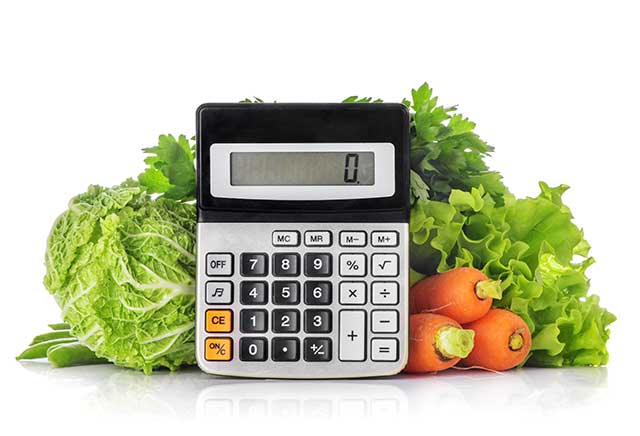
In this article, we examine some of the pros and cons of counting calories.
Calories In Versus Calories Out Is Important
First of all, the amount of calories (energy) we consume over a day is important.
A positive energy balance, determined by food intake that exceeds energy expenditure, will generally cause weight gain (1, 2, 3).
Over the course of one day, this weight gain may only be small, but it can add up and have a detrimental impact over weeks, months, and years.
On this note, saying that “counting calories isn’t necessary” is not the same thing as saying total calorie intake doesn’t matter.
Total calories, a measure of the quantity of food we eat, are important.
However, there are various additional considerations that affect the amount of energy we ingest from food over the day.
These factors include satiety, which can largely influence the quantity of food we eat, as well as the thermic effect of food (4).
For those unaware, the thermic effect of food (also known as meal-induced thermogenesis) refers to the amount of energy our body requires to digest a specific food (5).
We will look into these aspects in more detail later on.
Counting Calories Is Not Necessary
Despite total calorie intake being important, it isn’t necessary to log and record the calories we are eating.
Some people find counting calories to be very helpful, and for these individuals, tracking calories in this way can be a useful tool.
However, as the history of the calorie in nutrition shows, this way of measuring energy intake from food only really started developing in the late 19th century (6).
In other words; many people could manage their weight just fine before counting calories was even a thing.
It is the same today too.
For those of us who can comfortably eat, monitor, and adjust our food intake to suit our goals, the act of counting calories is not necessary.
Tracking Calories Can Be Useful For Some Groups of People
While eating to satiety and not worrying about calories can work for some, it isn’t the right fit for everyone.
For instance, tracking food intake is a reliable way to ensure that athletes get the precise amount of energy and nutrients they need.
In this regard, the majority of the world’s top sports teams have sports medicine and nutrition teams that use a range of different dietary assessments (7).
Tracking calories can be useful for the general public too.
For example, some individuals find it challenging to estimate the amount of food they are eating accurately. Hence, they struggle to control their weight.
On this topic, a recent study analyzed how adherence to dietary tracking impacted weight loss efforts. This study was a Diabetes Prevention and Management program lasting for a duration of 49 weeks (8).
In this particular program, only the individuals who consistently tracked their dietary intake had success.
The results showed that individuals who tracked their dietary intake for more than 228 days (at least five days per week over the study) lost a “significant amount” of weight.
In contrast, those who inconsistently tracked their dietary intake for more than 114 days but less than 228 days did not lose weight.
Calorie Counting May Sometimes Cause Problems
For some people, counting calories can seem overly complex, stressful, and it can take the joy out of food.
Perhaps surprisingly, research shows that calorie tracking could be associated with eating disorder pathology. In a study of 105 undergraduates with an eating disorder, 75% of these participants were using calorie tracking applications, and 73% felt that the app had contributed to their eating disorder (9).
In another study, six focus groups featuring a pool of 24 people were created to help with weight loss research. Among these focus groups, the consensus was that they “disliked calorie counting apps and those that required lots of user input”.
Rather than calorie counting features, all focus groups wanted apps that offered motivational and behavioral features such as goal setting and reminders (10).
In short; research shows that adherence to dietary tracking helps with weight management, but some people don’t enjoy or adhere to calorie tracking.
“Eating To Satiety” Works Well For Some Individuals
In some circles, it is easy to hear the message that we shouldn’t worry about calories, and that we should eat until satisfied and then stop.
For some people, this approach can work very well, and it generally relies upon a focus on satiating foods.
Research supports this way of eating and suggests that a focus on satiety naturally leads to lower calorie intake (11, 12, 13).
Generally speaking, experts widely recognize protein to be the most satiating macronutrient (14, 15).
Also, compared to refined carbohydrates, fibrous carbohydrate tends to have a much more significant impact on satiety levels (16).
For these reasons, meals that emphasize a good source of protein (and whole-food carbohydrates rather than refined carbs) may help with satiation.
This approach often helps people who struggle with food cravings too and opting for foods with a higher satiety index tends to reduce these cravings (17).
Some example foods that are high on the satiety index include apples, beef, boiled potatoes, eggs, and fish (18, 19).
Once again, there is no one dietary approach that fits all, and some people may still find it difficult not to over-consume food.
However, the fact that many people have success with this method shows that counting calories isn’t strictly necessary to manage weight.
Not All Calories Are Equal
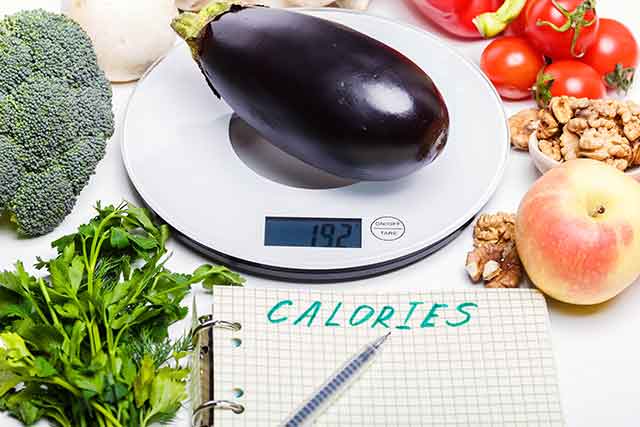
Is a calorie always a calorie?
In the sense that one calorie always provides 4,184 joules of energy, the answer is yes.
However, not all calories have the same effect, and the way our body absorbs and digests these calories can differ from food to food.
For one thing, we don’t always absorb all of the calories in a specific food. We can see an excellent example of this with almonds since we don’t digest all the calories that they contain (20).
Additionally, protein has a much higher thermic effect (19-23 %) than carbohydrate or fat (21).
Randomized controlled trials conducted by Dr. Jose Antonio, CEO of the International Society for Sports Nutrition, suggest that overfeeding on protein may not lead to weight gain.
For instance, these studies showed that consuming 3-5.5 times the recommended daily intake of protein as part of a hypercaloric (calorie surplus) diet did not cause body fat gain (22, 23).
Furthermore, in a study that doubled protein intake from 15% of calories to 30% of calories, participants spontaneously began consuming 441 fewer calories per day (24).
In other words; protein calories had a more significant influence on satiety than other calories, which likely reduced overall energy (calorie) intake.
Therefore, although one calorie is always one calorie, not all calories are directly comparable in terms of their effect.
In short; calorie-restricted diets should focus on calorie quality as well as quantity.
Food Label Calorie Counts Are Not Always Accurate
Another point worthy of consideration is that food labels and their nutritional values are not always accurate.
The most important fact here is that the FDA regulations provide an “allowable limit” of 20% for over-estimating the number of calories printed on a food’s label (25).
In other words; in a worst-case scenario, food claiming to be 1000 calories could legally contain 1200 calories.
Also, studies have demonstrated that;
- Packaged snack foods are on average 4.3% higher in calories than their label claims (26).
- 29 quick-serve restaurant foods were on average 18% higher in calories than their nutritional claims. Further, some restaurant items were up to 200% higher in calories than their nutritional information suggested (27).
- In a further study on calories in restaurant foods, of 269 food items tested, 19% contained at least 100 calories more than their claimed calorie content (28).
As a result, it can be difficult to count calories accurately when many calorie estimations are wrong.
Generally speaking, we should all be trying to consume more whole foods rather than packaged foods.
As well as being better for health, focusing on whole foods makes it easier to count calories with greater accuracy too.
Should You Count Calories?
There is no single right answer to whether or not we should count calories, and this depends on the person.
Our overall food intake is important, and counting the calories we eat can be useful.
However, it is not necessary.
For those that struggle to understand how much food they are eating, for individuals that enjoy logging everything, or for those that have precise weight targets, tracking calories can be beneficial.
On the other hand, counting calories likely isn’t necessary for people who have a good idea of the quantity of food they’re eating and can successfully manage their weight.
How To Count Calories
For those who want to record calories, several applications can help to make it easier.
Two of the most popular of these apps include My Fitness Pal and Cronometer.
Both of these applications contain an extensive database of foods and allow users to enter daily food records.
Final Thoughts
Overall, counting calories can be a useful tool for gaining or losing weight.
Research also shows that many people find tracking their calorie intake in this way helpful for weight management.
However, others dislike tracking their dietary intake, and some people can meet their goals without needing to do so.
At the end of the day, different people have success with different ways of dieting, and this includes the technique of counting calories.



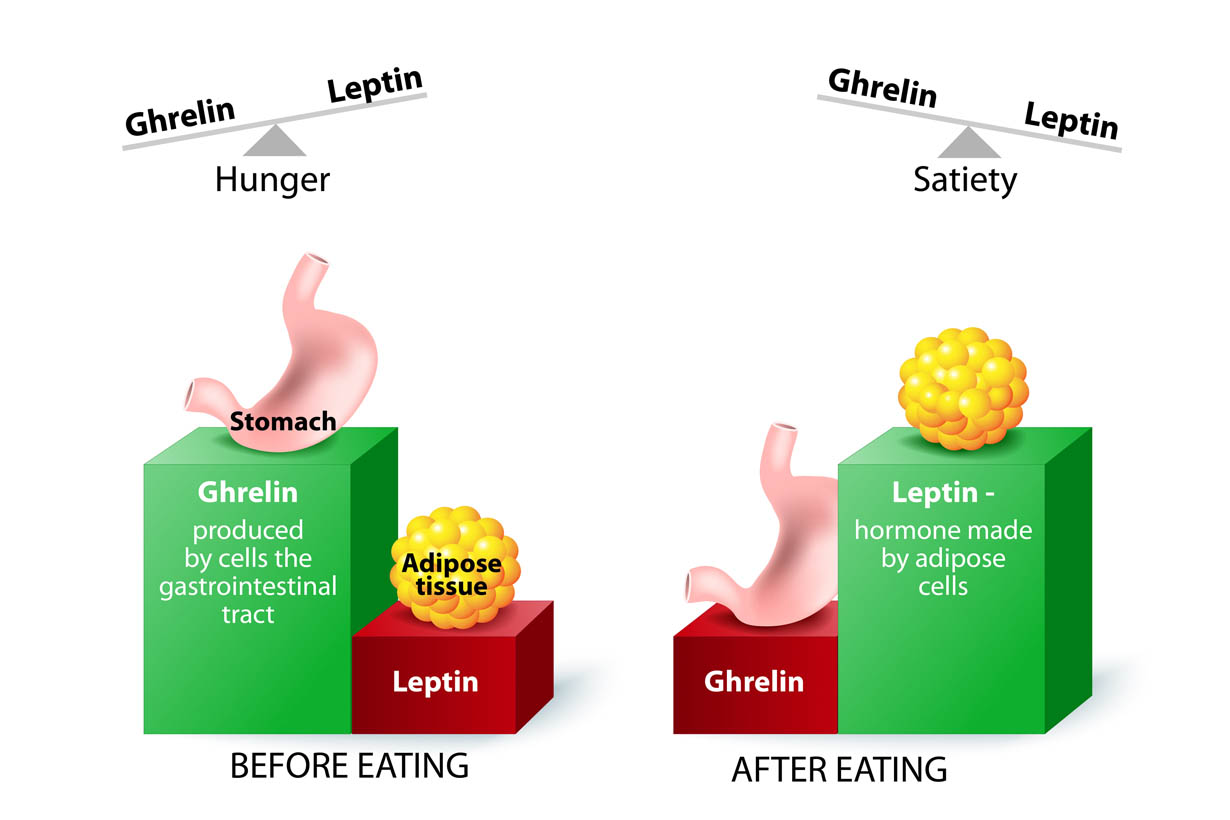
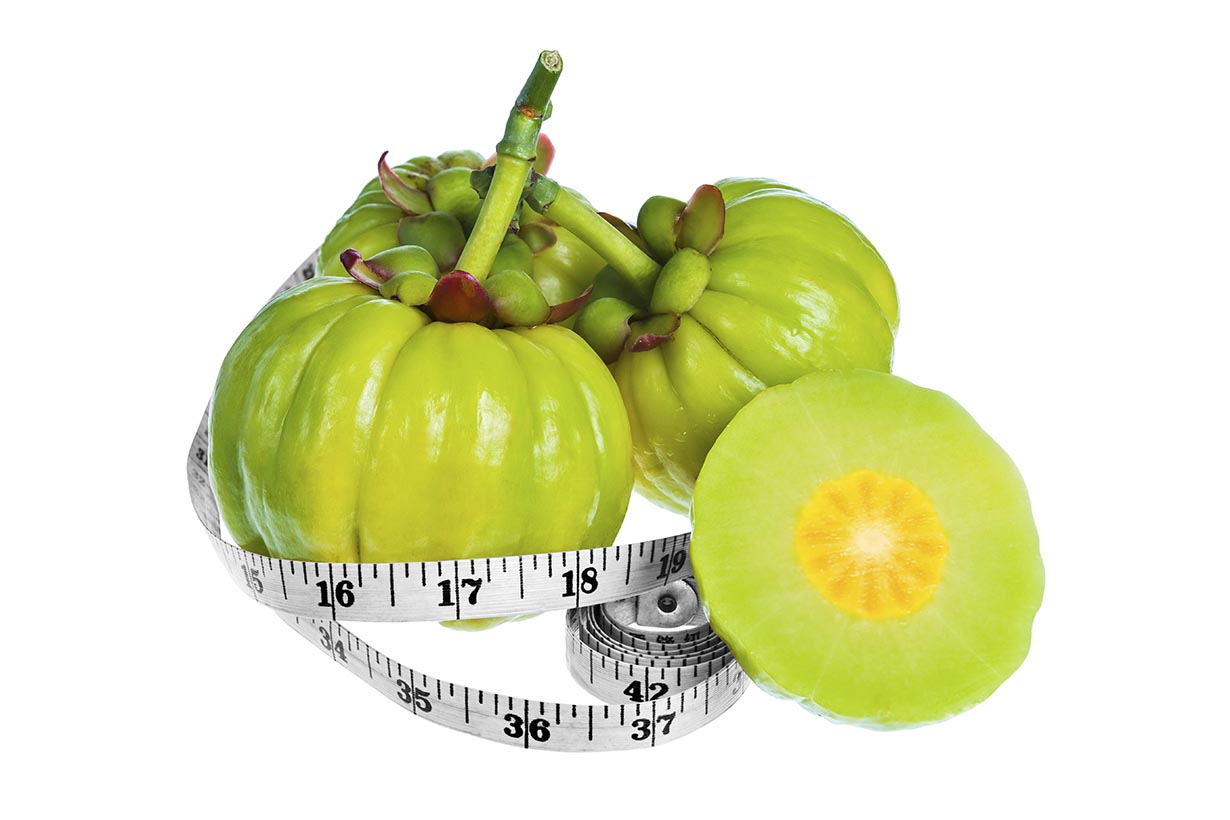

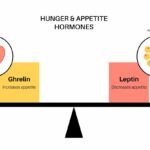
I decided to use an app for counting calories, after reading the simple weight loss system. I think if you’ve got some basics about nutrition, it’s the best and easiest way to lose weight
Yes, some people find these apps to be very useful. I guess it’s a case of different things work for different people.